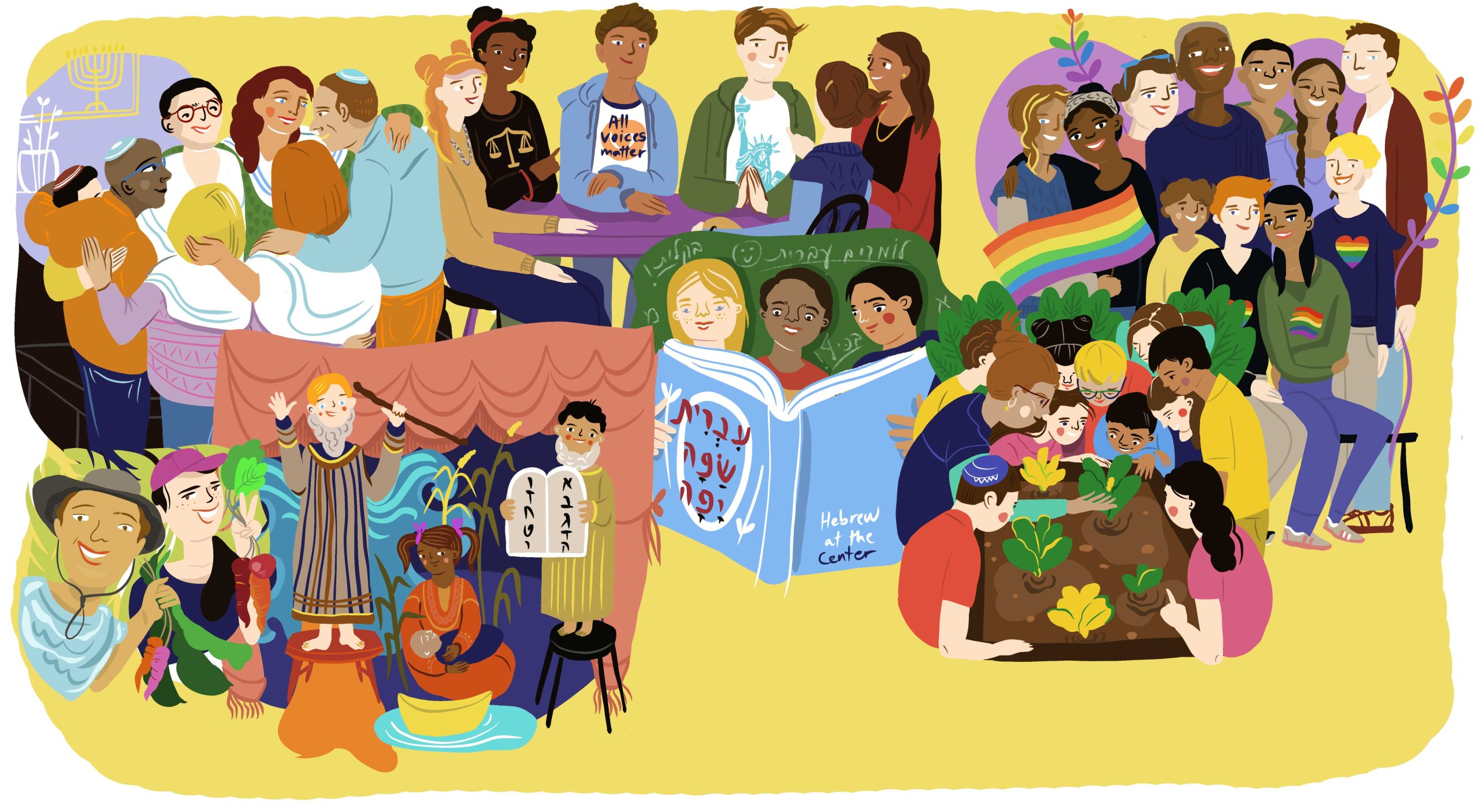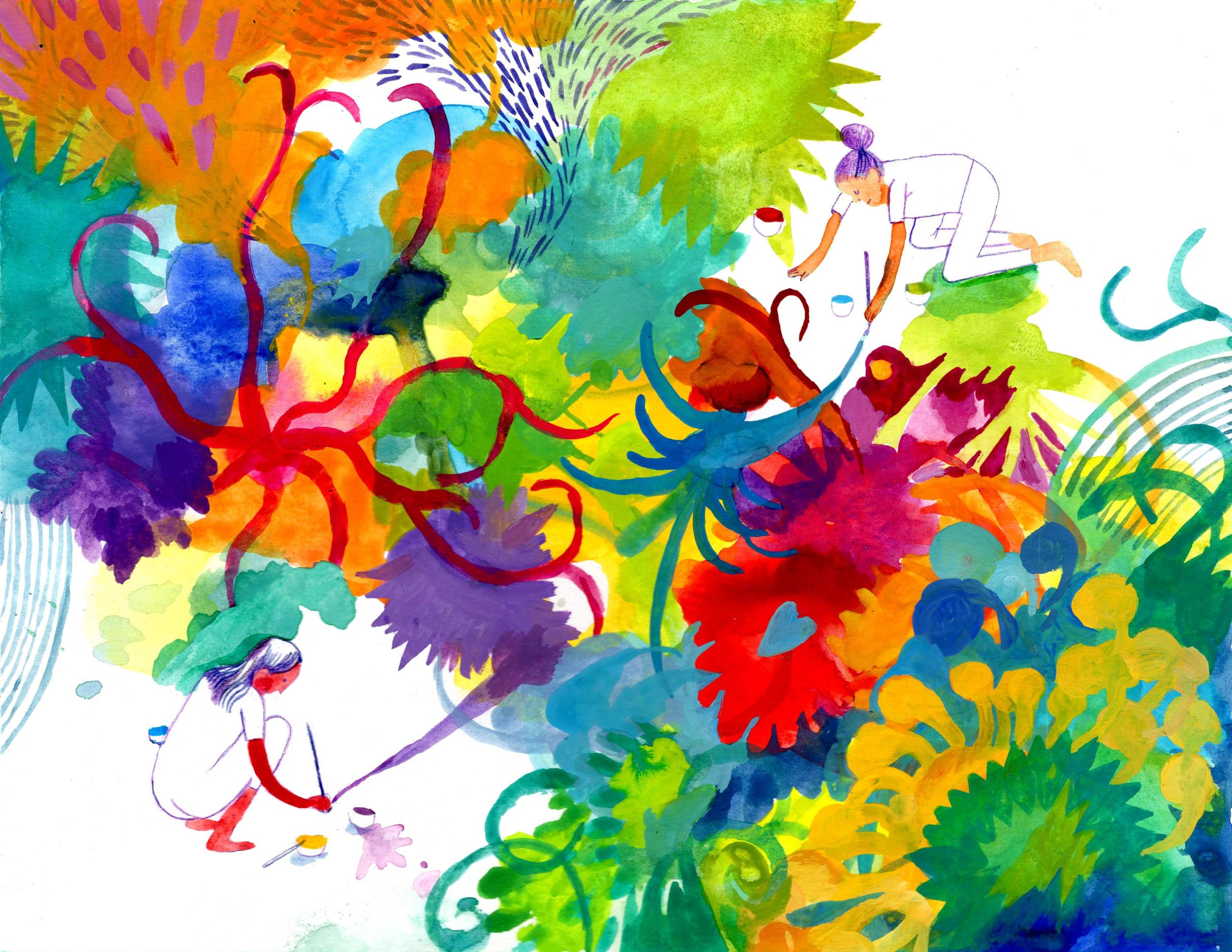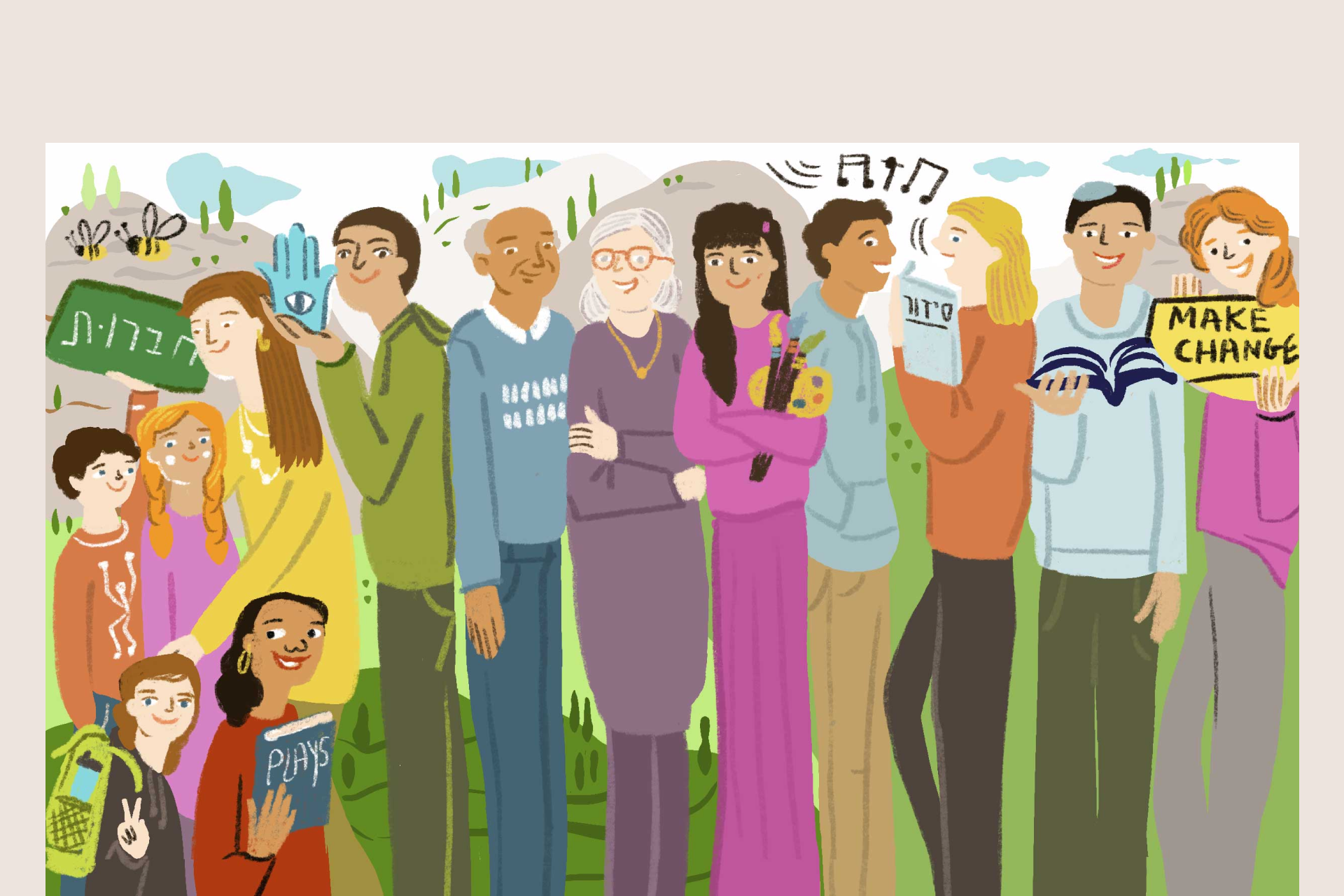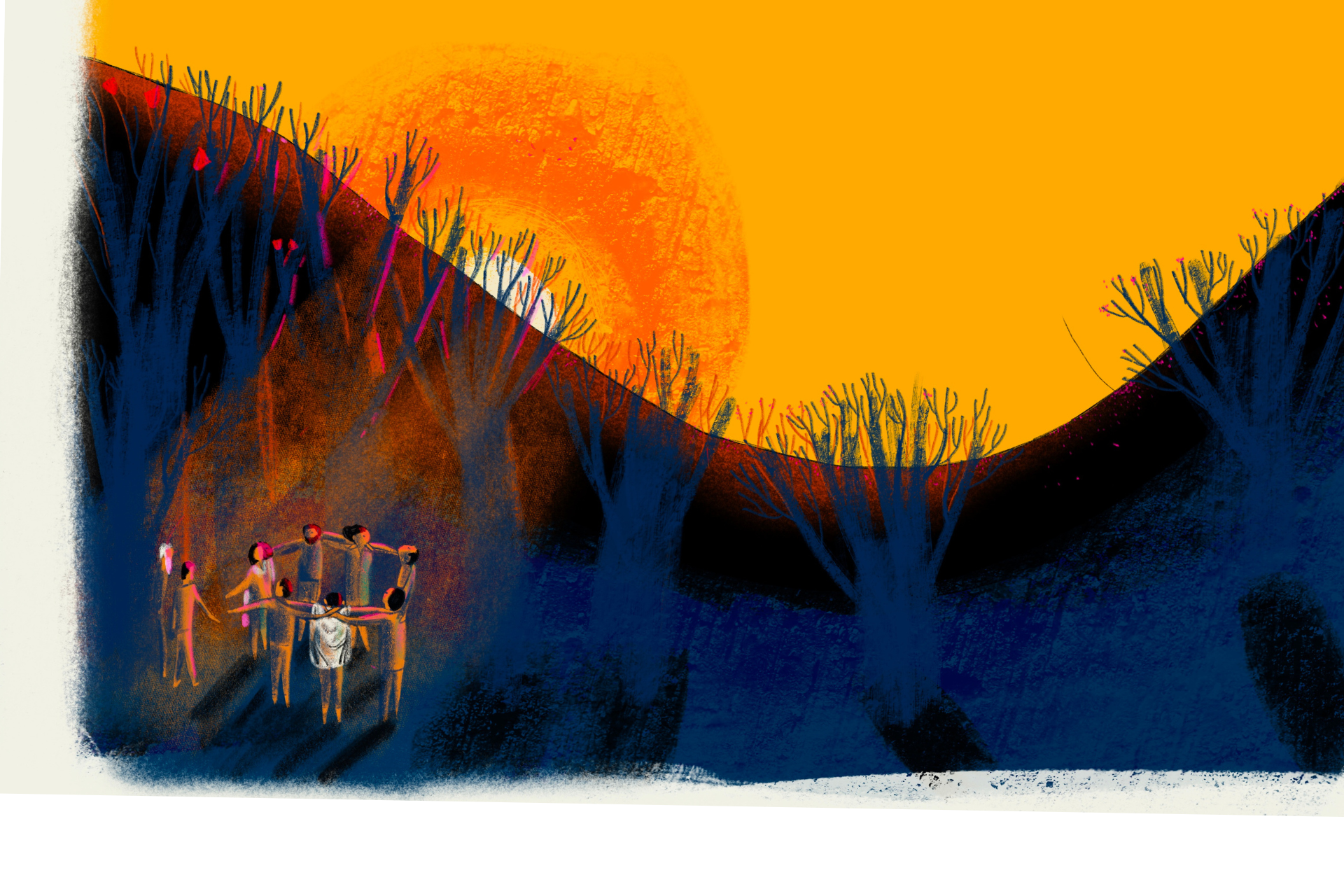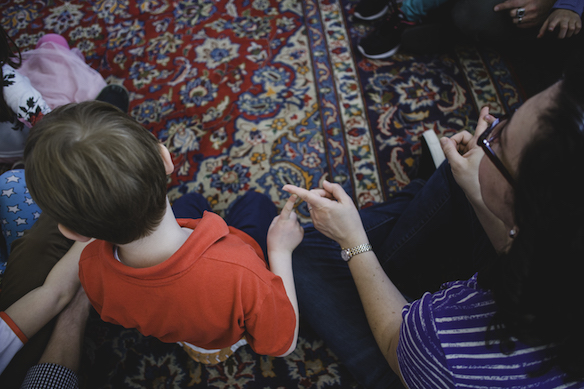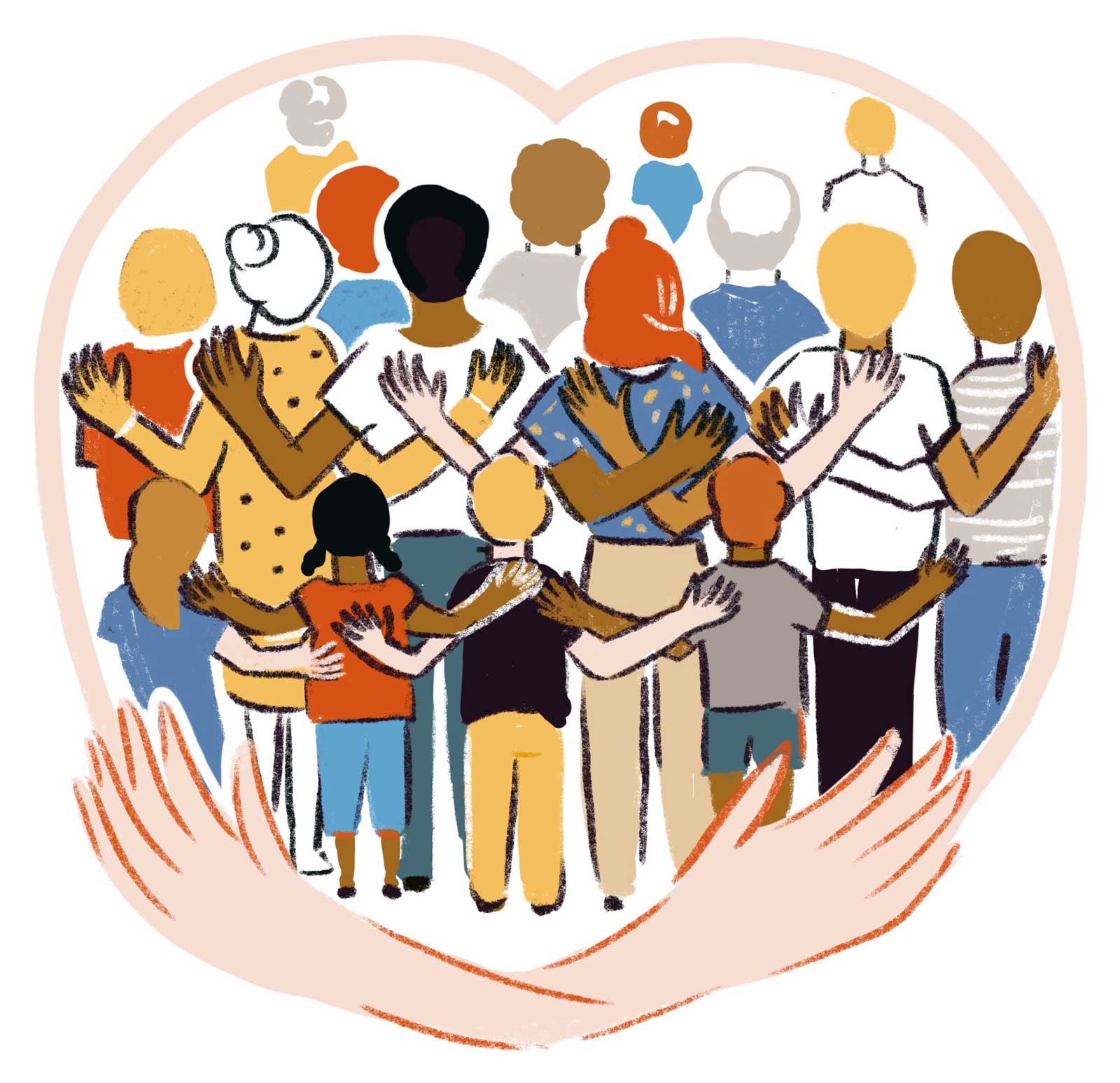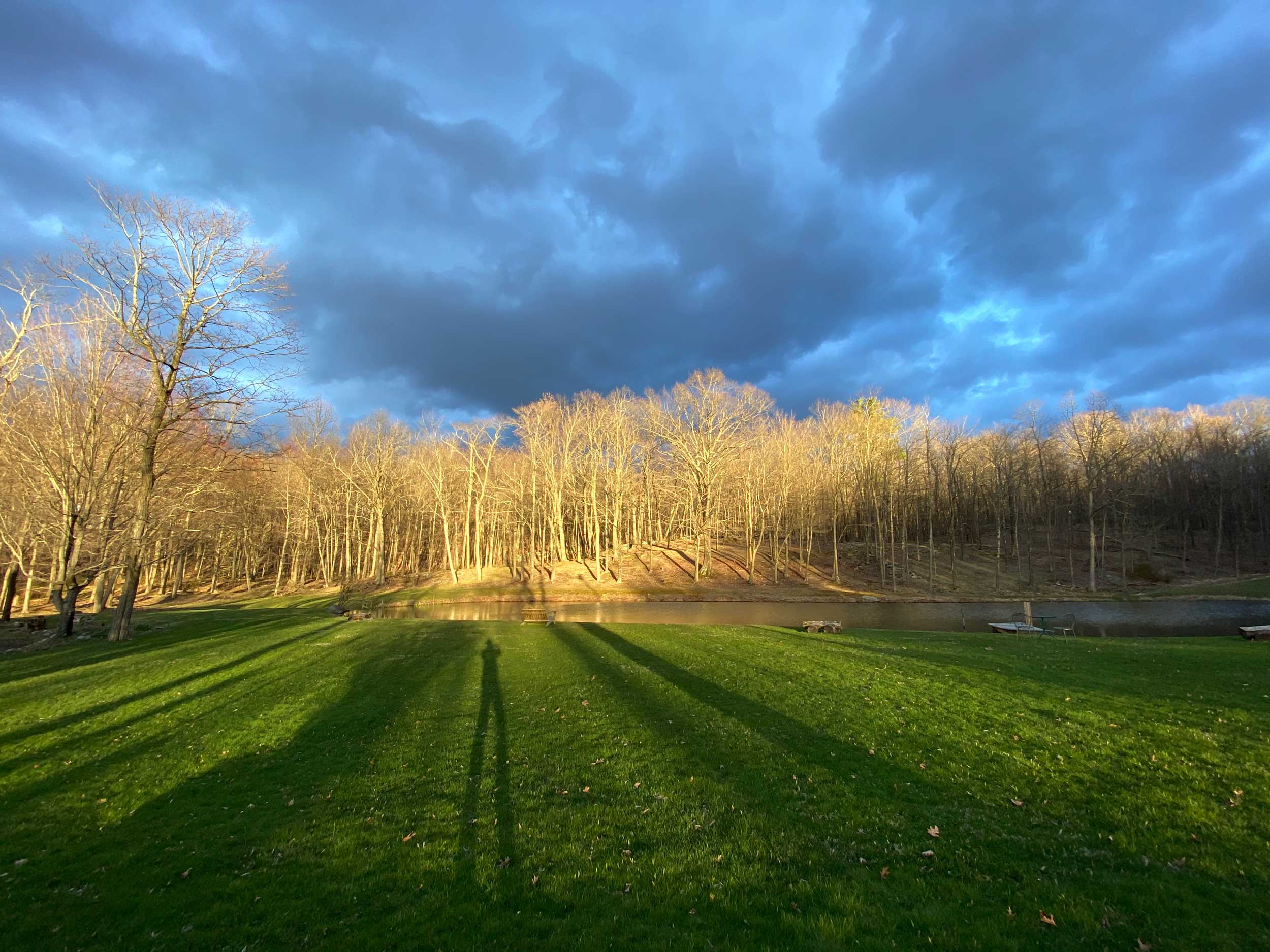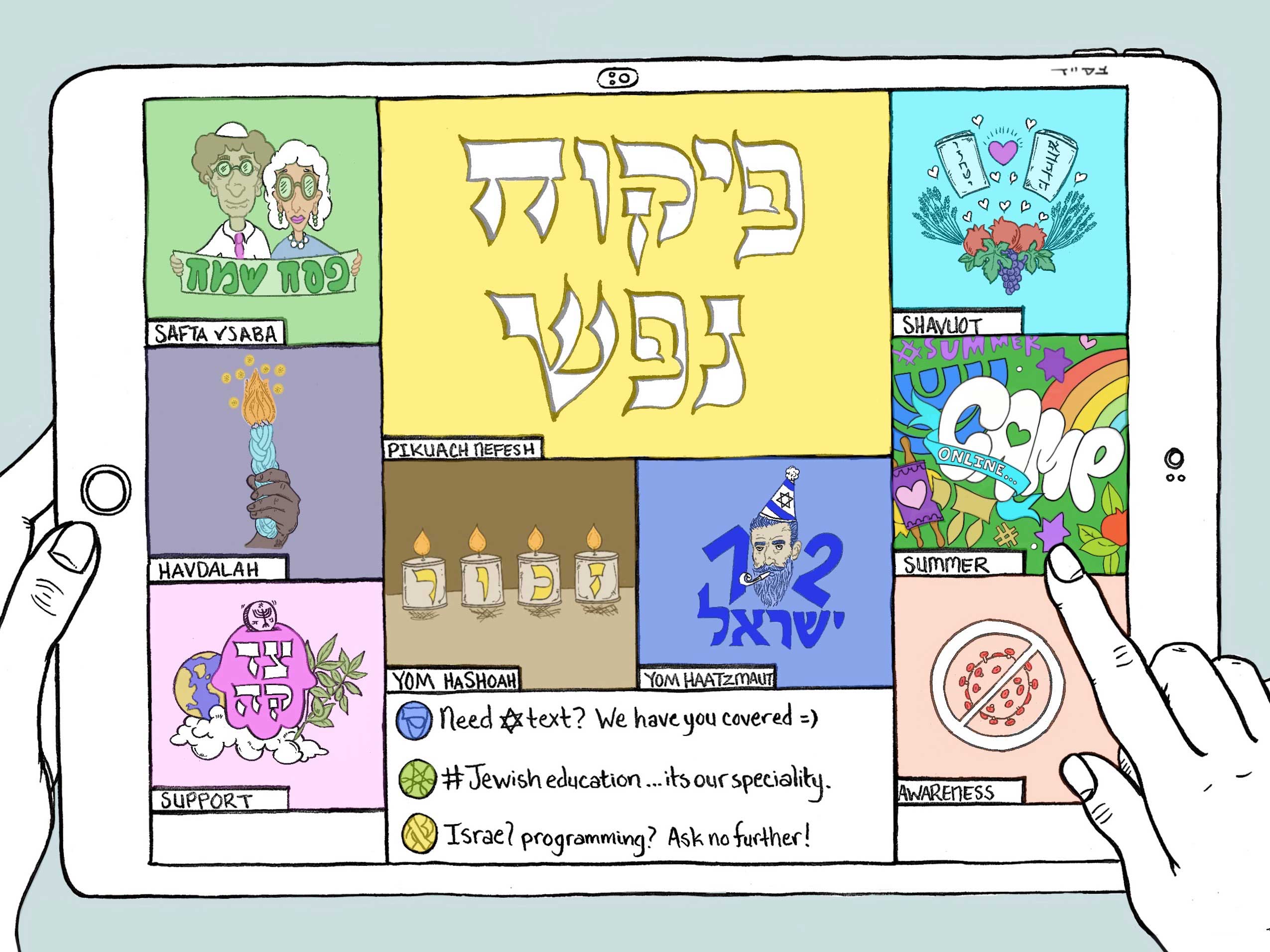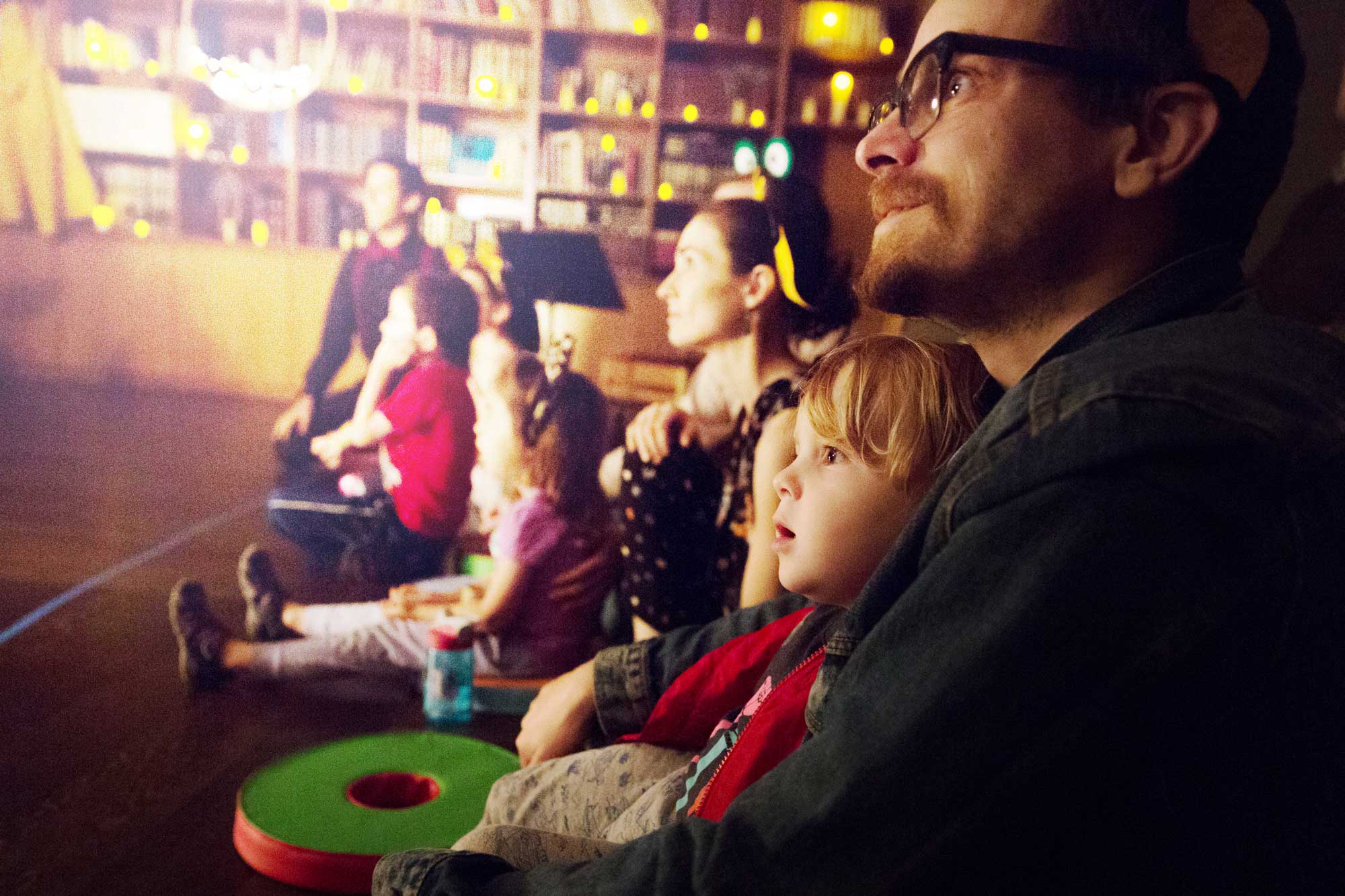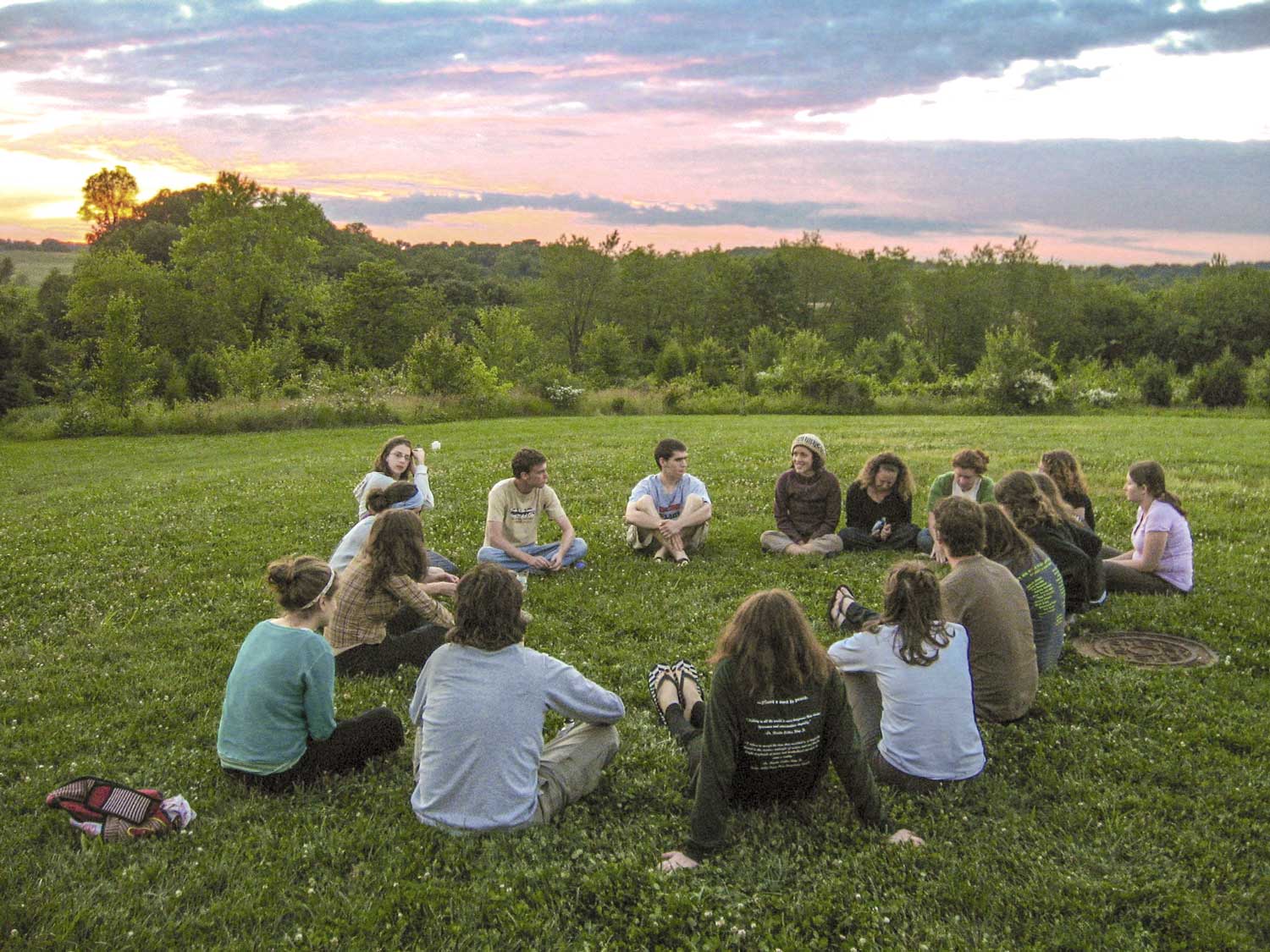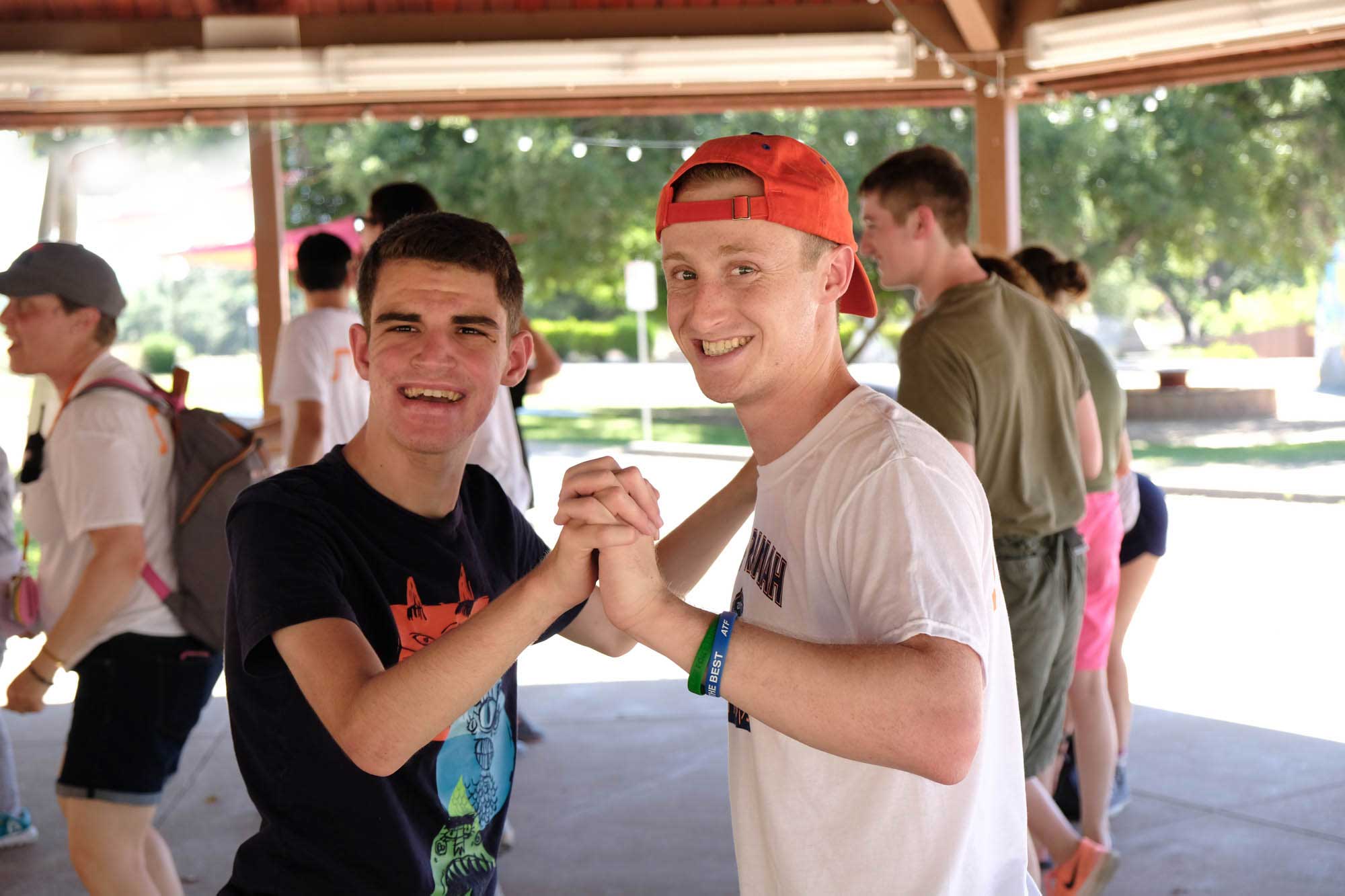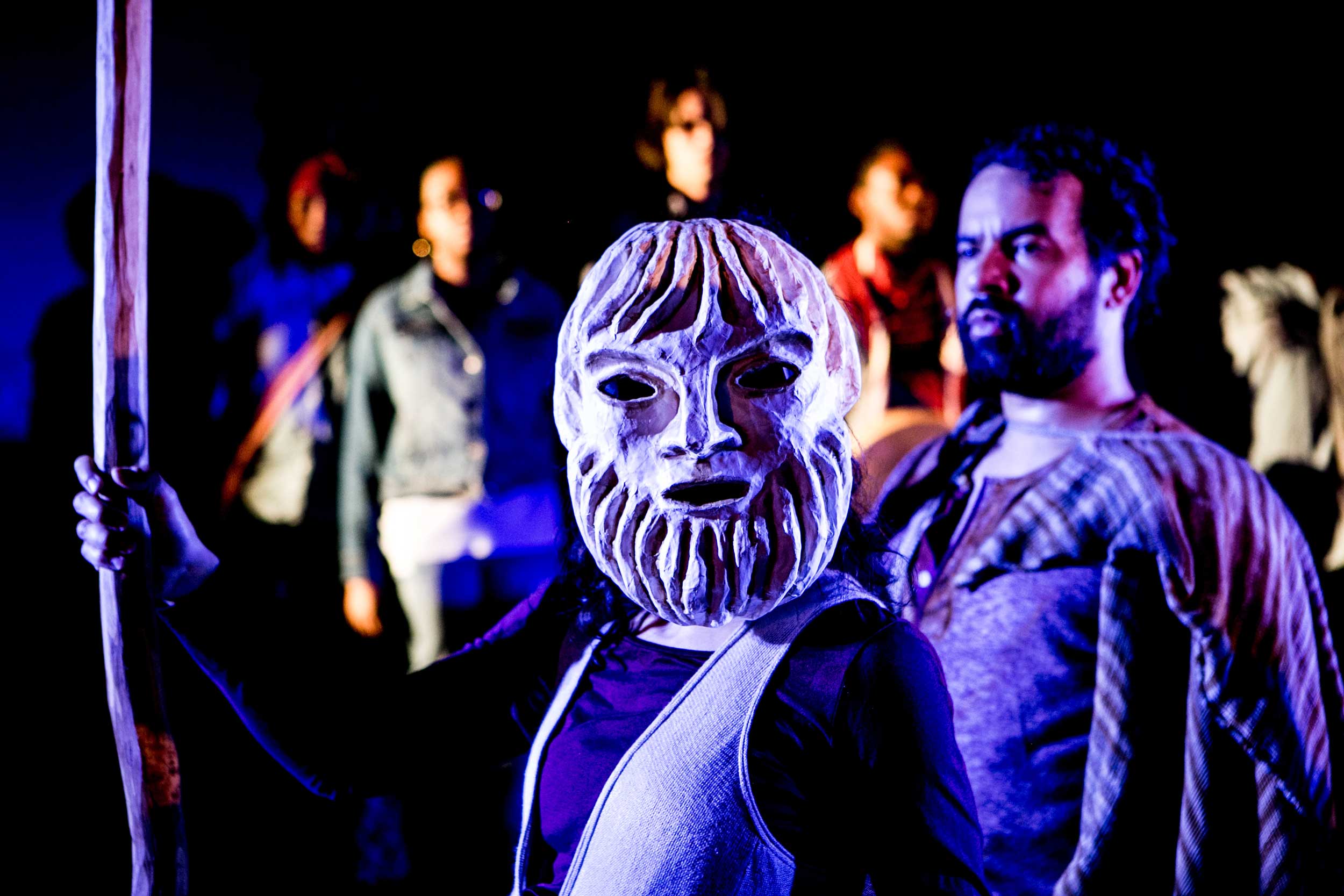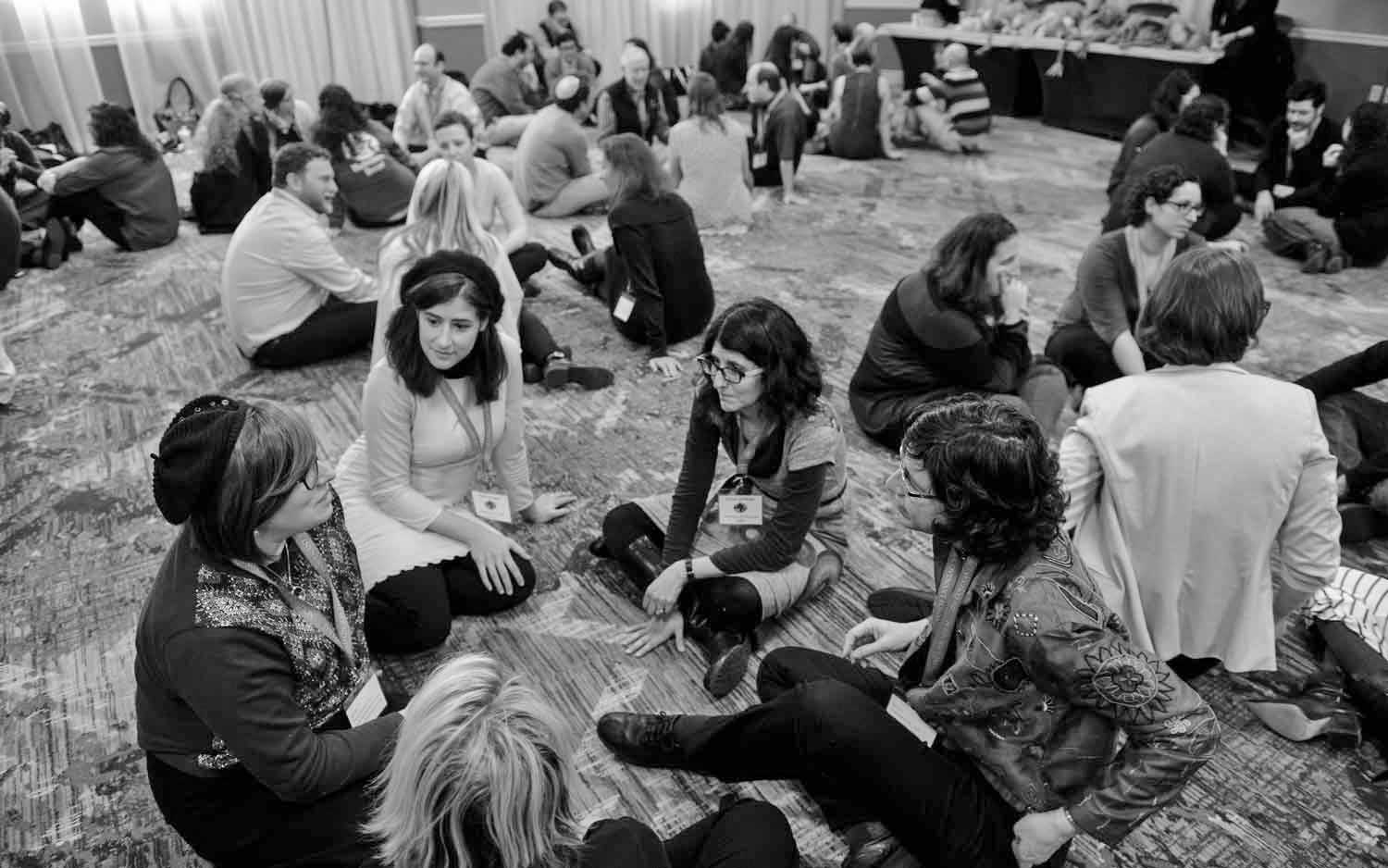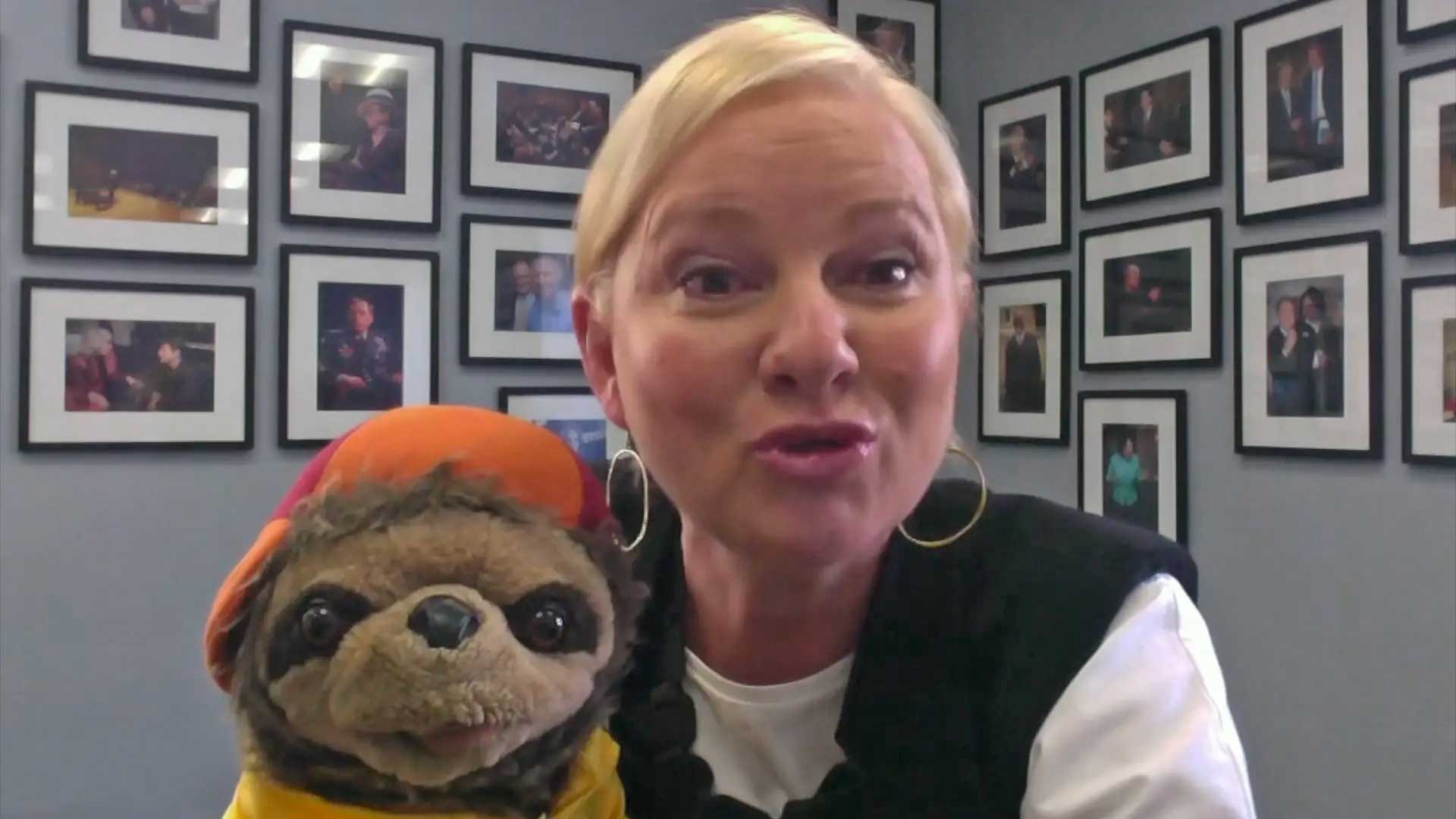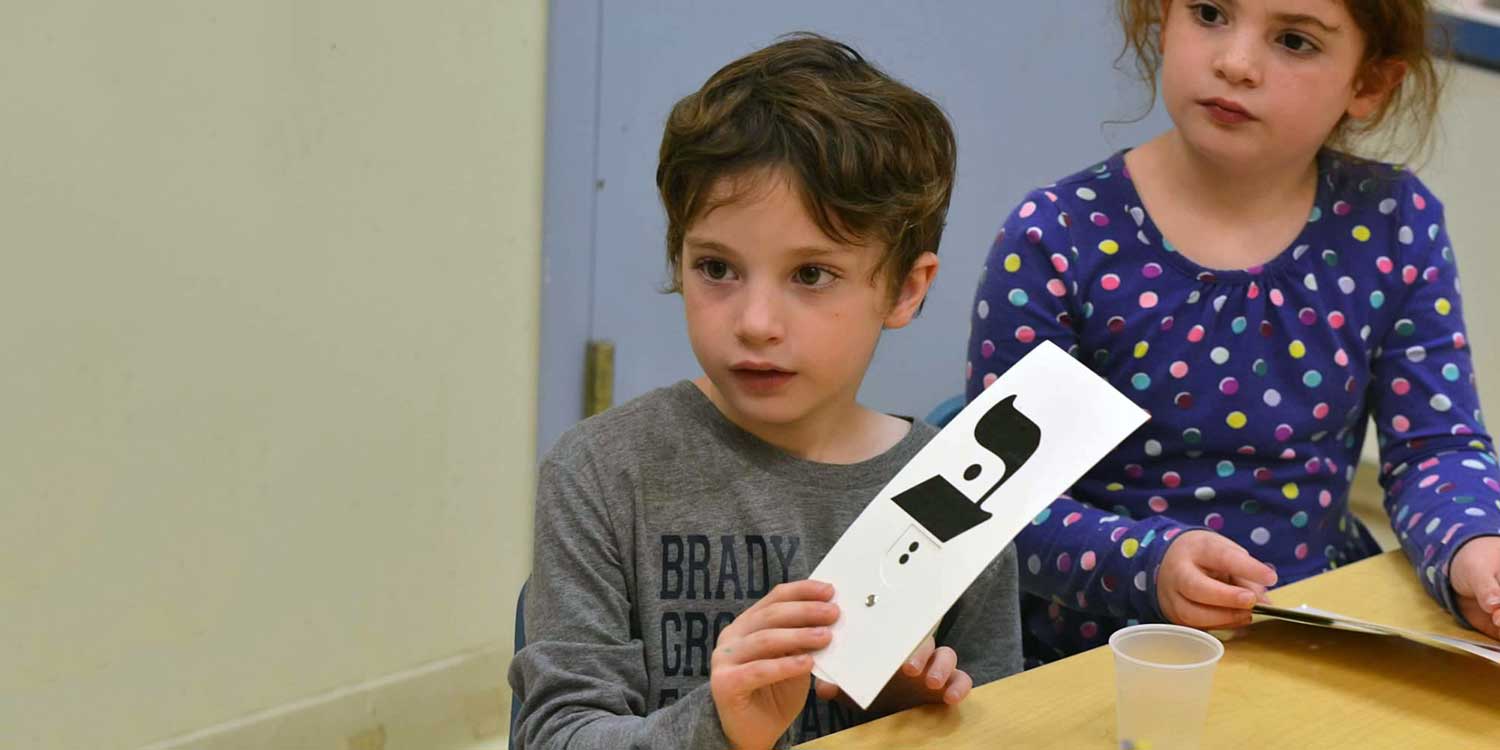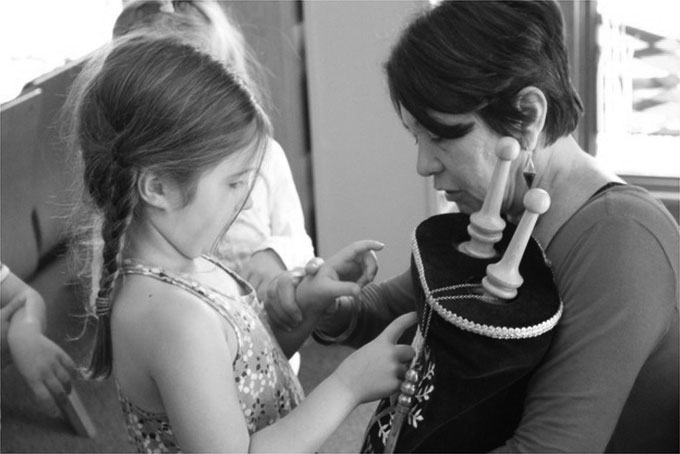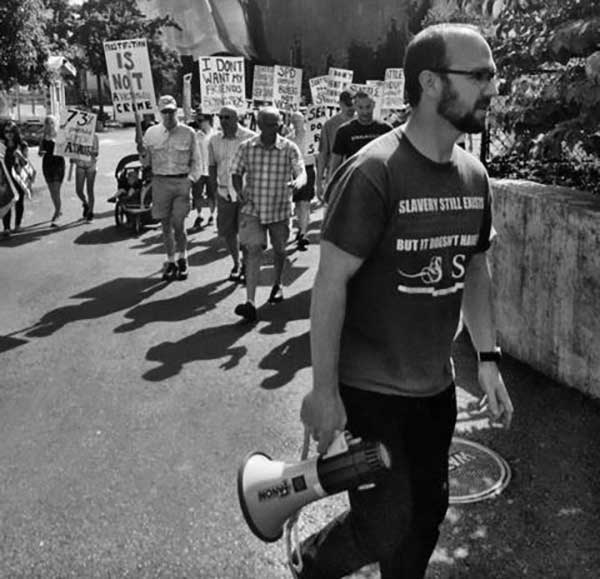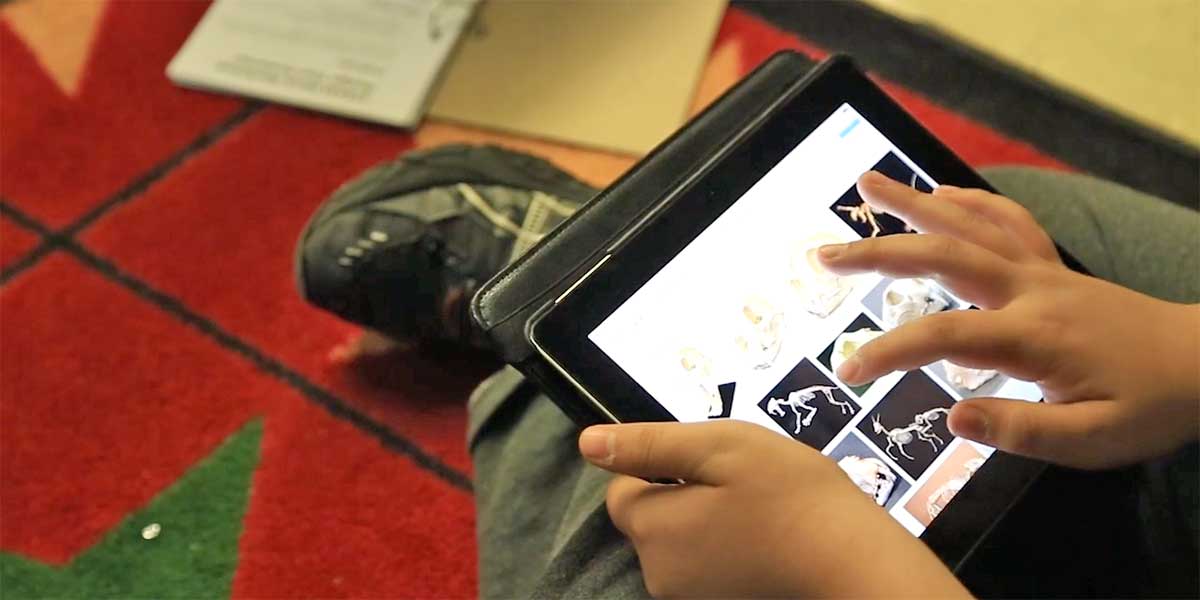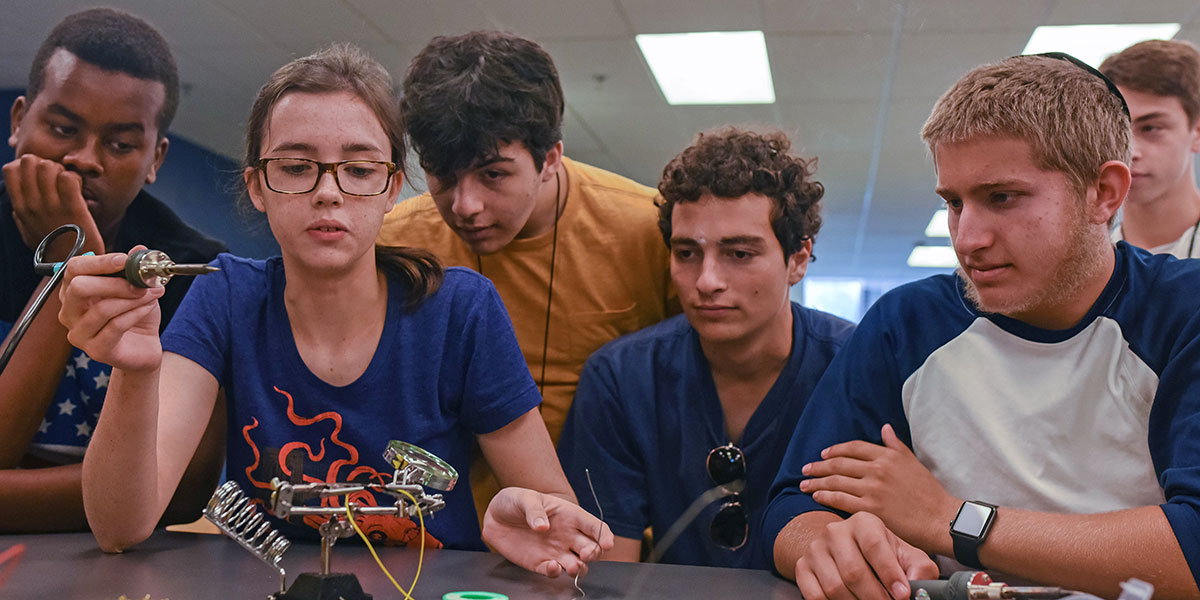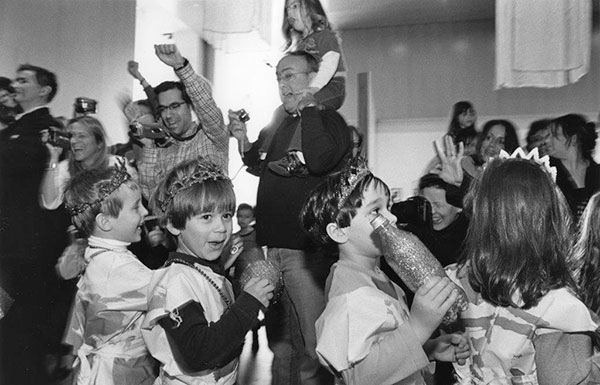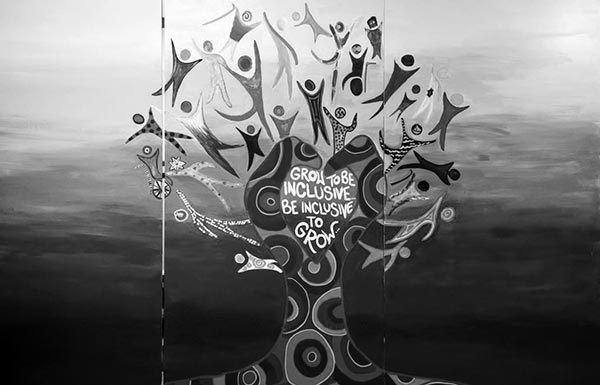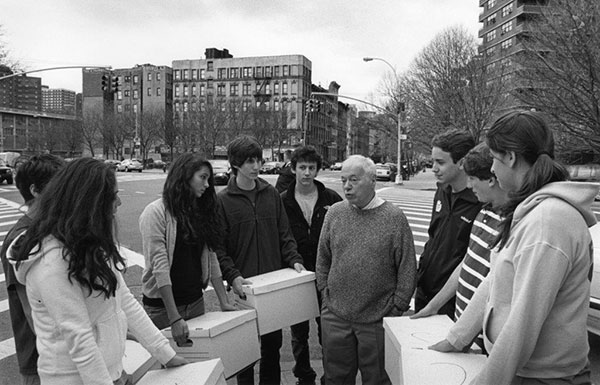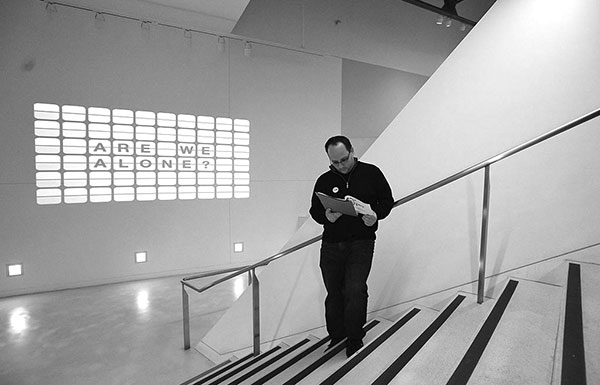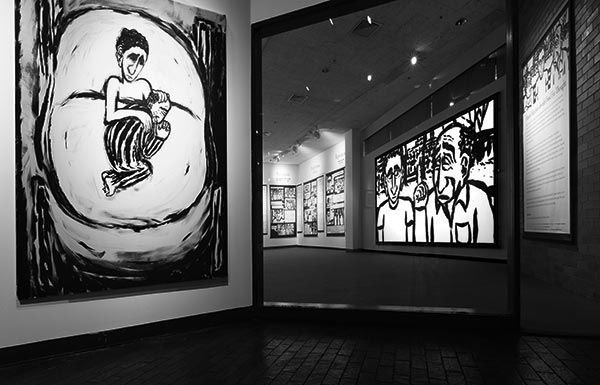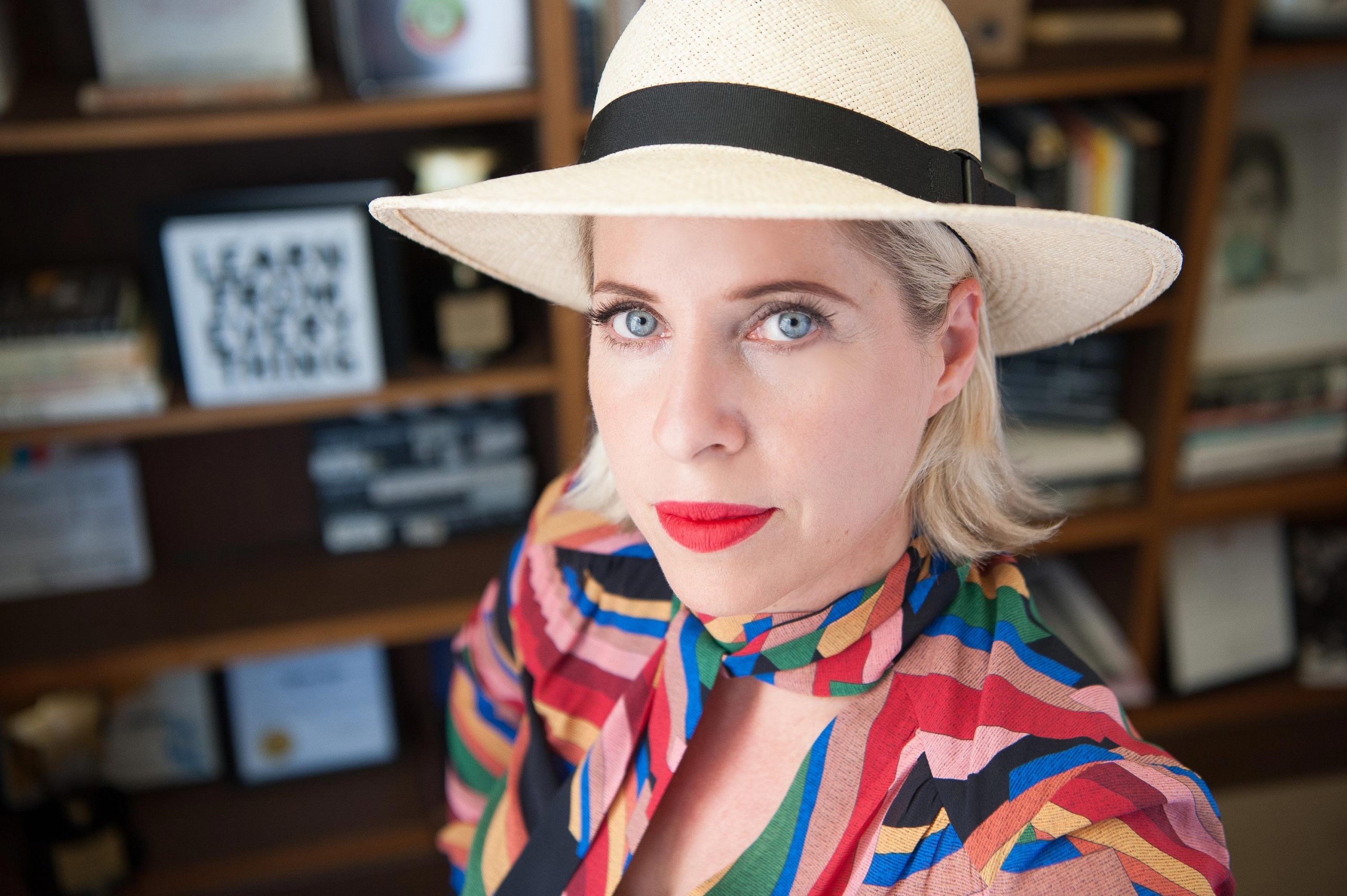
ARTICLE 24/6: How Tiffany Shlain’s Family Unplugs, Each Week
In “24/6: The Power of Unplugging One Day a Week,” filmmaker, internet pioneer and Covenant grantee Tiffany Shlain makes a compelling case for “Tech Shabbat,” a weekly 24-hour break from technology that she and her family have practiced for the past decade.
Shlain, who founded the Webby Awards, is by no means anti-screen. Among the many benefits of Tech Shabbat, she counts the renewed sense of wonder at the marvels of technology that she experiences each Saturday evening. Living 24/6, she writes, “lets you have the best of both worlds: the joy of tech and the joy of unplugging.”
Drawing on neuroscience research and historical conceptions of the day of rest to illustrate how 24/7 culture depletes us, Shlain describes her own family’s practice, which starts with a Friday night Shabbat dinner featuring homemade challah and creative discussion prompts and incorporates art projects, outdoor adventures and other forms of reconnecting—in the traditional sense. The book’s final section, “It’s Easier Than You Think,” offers a step-by-step guide for those of all ages (and religions) who are interested in giving Tech Shabbat a try.
Below, Shlain offers insight into what inspired her to start a Tech Shabbat practice, her evolving relationship with technology, and the challenges and delights of unplugging yourself and your family.
How would you describe Tech Shabbat, on one foot?
Be present with those that you love and be present when you’re focusing on work. The rest is commentary.
When did you start observing Tech Shabbat, and why?
Almost 10 years ago, my father died and my husband’s and my daughter was born, within a couple of weeks of one another. I started rethinking how I was spending my time and how little of it we have and what are we doing while we’re here on this earth. Around the same time, I participated in the first National Day of Unplugging with my husband [robotics professor Ken Goldberg] and our children. [National Day of Unplugging is sponsored by Reboot; I’m part of the original Reboot cohort.] Most people just did it that day, and it was a ceremonial, once a year event. But for us, it felt so great that we never stopped doing it each week. We called it a “Tech Shabbat,” and it’s completely changed our lives—for my husband and me and our daughters, who are now 16 and 10. It’s also changed my film studio, because when you set that boundary, you’re setting an example and everyone stops checking their screens on the weekend. It’s had nothing but positive ripple effects in every aspect of our lives.
How does Tech Shabbat look different from a more traditional Jewish Shabbat observance, and in what ways do they overlap or align?
If you’re an observant Jew, you’re already doing an incredible practice that has enhanced your life, and you’re doing it as a covenant with God. My family and I are doing it not in a religious sense, though I have great respect for wherever you fall on the belief spectrum, but as a beautiful practice to be present with each other and a reflective day of rest away from screens and away from being “on” 24/7. We had done a partial version of Shabbat before—maybe a nice dinner, candles—always inviting family and friends, but it was never a full day, and to be honest I never really felt that a full day off for Shabbat was available to me because I’m not a religious Jew. My big epiphany was that I am Jewish, and I love so many of the ideas, ethics and practices, and I want to engage with them. I think there are a lot of Jews like me who feel like, “I’m not Orthodox, I can’t observe in that way.” I want to say, “Yes you can!” It’s an incredible, beautiful practice in our lineage, and you can interpret it for the modern age.
Our Tech Shabbat starts Friday night with a Shabbat meal, with blessings and homemade challah and friends and family around the table, and we end Saturday at 5:00 P.M. In a traditionally observed Shabbat, there’s no cars, no electricity, no creation of any kind, but I love to journal and write on my Shabbat. It’s really a time of reading and reflection for me. I do art projects with my family. I think if you get to the core of Shabbat, it’s about presence and gratitude and creating, and, as Abraham Joshua Heschel so beautifully put it, “a palace in time.” We’re doing that.
So many people are wrestling with the role of technology in their lives and their kids’ lives. How has Tech Shabbat helped you recalibrate your family’s relationships with technology more broadly?
I’m just like anyone else. I can get caught up and feel like I’m “on” too much—whether it’s work or social media. To have a full day without it reminds you how you can live without it, which is a wonderful thing. You get very resourceful. It forces you to put your mind in a different mode. When you’re in it all the time, you can’t step back and look at how you’re using it, or how it’s using you. I think people are so scared of being without their phones, but I think the biggest message is that you get back so much more. Saturday night, when we go back on our screens, I re-appreciate the screens and all you can do with the Internet so much more. So, it has this dual effect. I love being offline, I race towards it, and I’m super excited to be online again.
When families try Tech Shabbat, who is most likely to find it challenging? Is it the teenagers? The parents?
It depends on the family. A lot of parents say, “Oh, my kids would never do this,” or “Oh my husband would never do this,” or, “That ship’s left the port, I can never re-establish that.” But isn’t that what family is about, when you’re all under one roof and you’re paying the rent and you’re modeling behavior and saying this is what we value, as a family? There are so many amazing things online, but it’s not amazing 24/7. This book is my invitation for families and people with and without kids to try this. People are always so fascinated that we actually have done this for nearly a decade, and we have a teenager. So, in the book I lay it all out: How to convince your kids, and how to convince your partner, how to make this a fun experiment that you’re going to do. Our 16-year-old daughter [who is quoted in the book] writes really eloquently about this subject. She loves having a day of no homework and no stress and no FOMO [fear of missing out].
After practicing Tech Shabbat for nearly a decade, what inspired you to write this book?
The longer we’ve done Tech Shabbat, the more meshuganeh everyone’s become with their screens. Ten years ago, it wasn’t like it is now, where you walk around and no one’s looking up. So, it felt more and more urgent. It felt like I had to share this practice with everyone.
What advice do you have for readers who want to give Tech Shabbat a try?
Write a list of what you wish you had more time to do, personally and as a family. Make your Tech Shabbat filled with that. In the book there are so many strategies and thoughts around all of this. My film studio runs an event each year called Character Day, when people around the world watch our films and have a discussion in their schools or companies or homes around how to live a life of meaning and purpose. This year for Character Day, on September 27, we’re asking, “How does technology enhance who we are and our character strengths like empathy, curiosity, presence?” We’re going to invite everyone to try doing Tech Shabbat with us for four weeks in a row, with mini challenges around intentional tech use leading up to it. If people want to join us, you can find out more at characterday.org. I have a lot of strategies in the book about how to bring this into your life.
Since you were in high school, when you wrote a paper proposing that kids from enemy countries throughout the world connect with one another via modem, you’ve been remarkably prescient about the evolving role of technology in our lives. What do you see as the big issues on the horizon? Any insight into how to get ahead of them?
I think we are being manipulated online beyond what we really, truly understand. We’ve given away our data so that corporations can manipulate us based on what we’ve “liked.” I think people should watch a documentary called “The Great Hack,” which just came out on Netflix, and they will grasp what I’m talking about. Soon it might not be the screen. It might be augmented reality. Regardless of what the technology looks like, we have to create space to be off the network and create these “palaces in time,” where we aren’t letting the world in all the time.
It’s key that, as parents, we remind our kids and showcase all the pleasures that don’t involve screens. What do we want to be teaching our children? What do we want to say is important and valuable? That’s what Shabbat is about. It’s one of the greatest gifts of the Jews, to ourselves and the world. It’s that full day every week that has brought the real power of the practice to me and my family.
Written and edited by staff of The Covenant Foundation
More to Consider
- Order the book here: 24SixLife.com
- Sign up for Character Day to try the Tech Shabbat Challenge here
- Watch The Great Hack on Netflix
- All of Tiffany Shlain’s films exploring this subject--including six short films coming out this fall and the Sundance feature documentary Connected: An Autobiography about Love, Death & Technology can be found here
- Follow @tiffanyshlain on Twitter
- Read Tiffany's Op-Ed in The Boston Globe on The Case for a Tech Shabbat in a Too-Connected World

When Jewish Values and Technology Meet: Text Me Offers A Family Education Opportunity
995
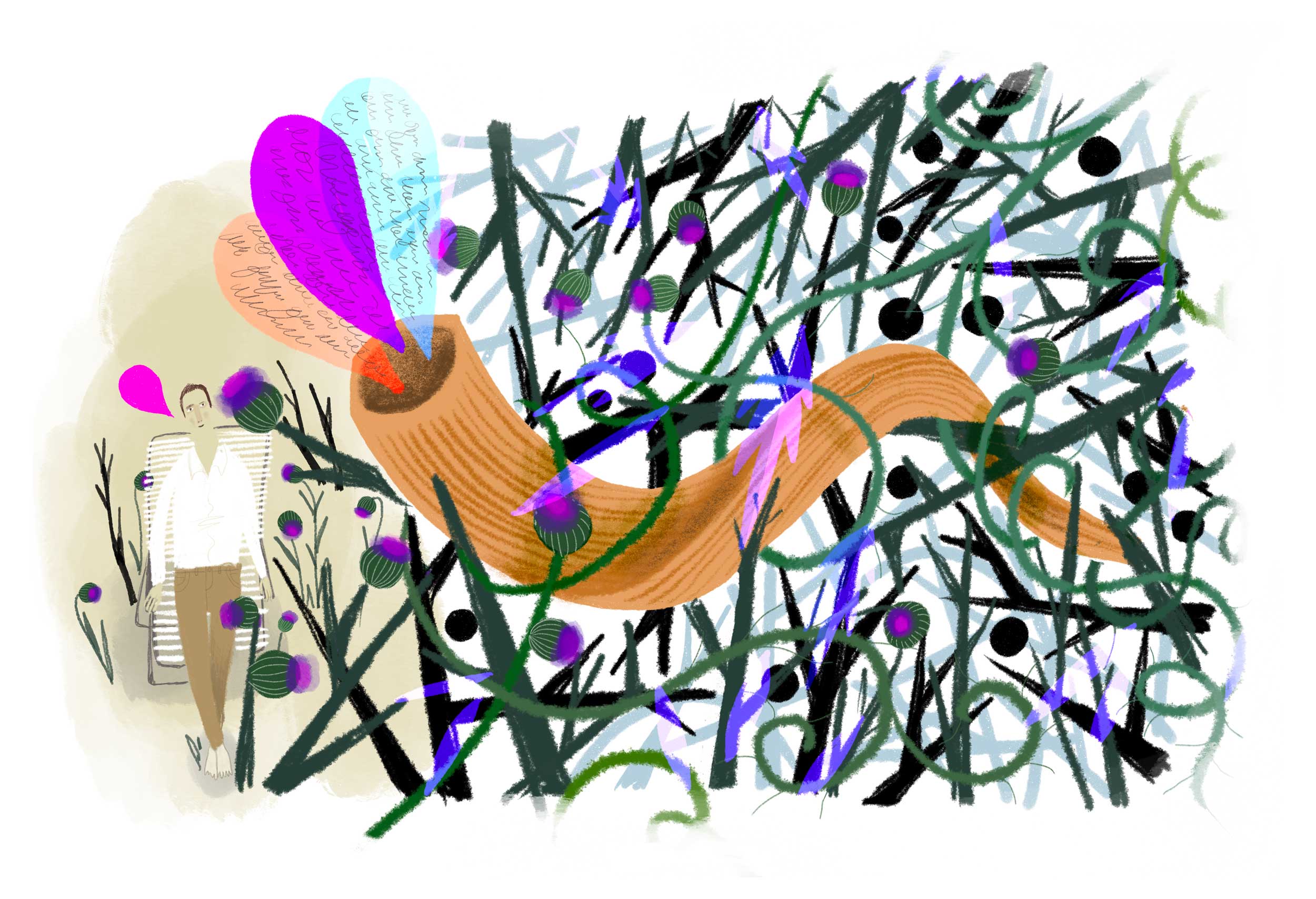
Greeting the New Year with Hope: Reflections from Leaders in Our Community
994



